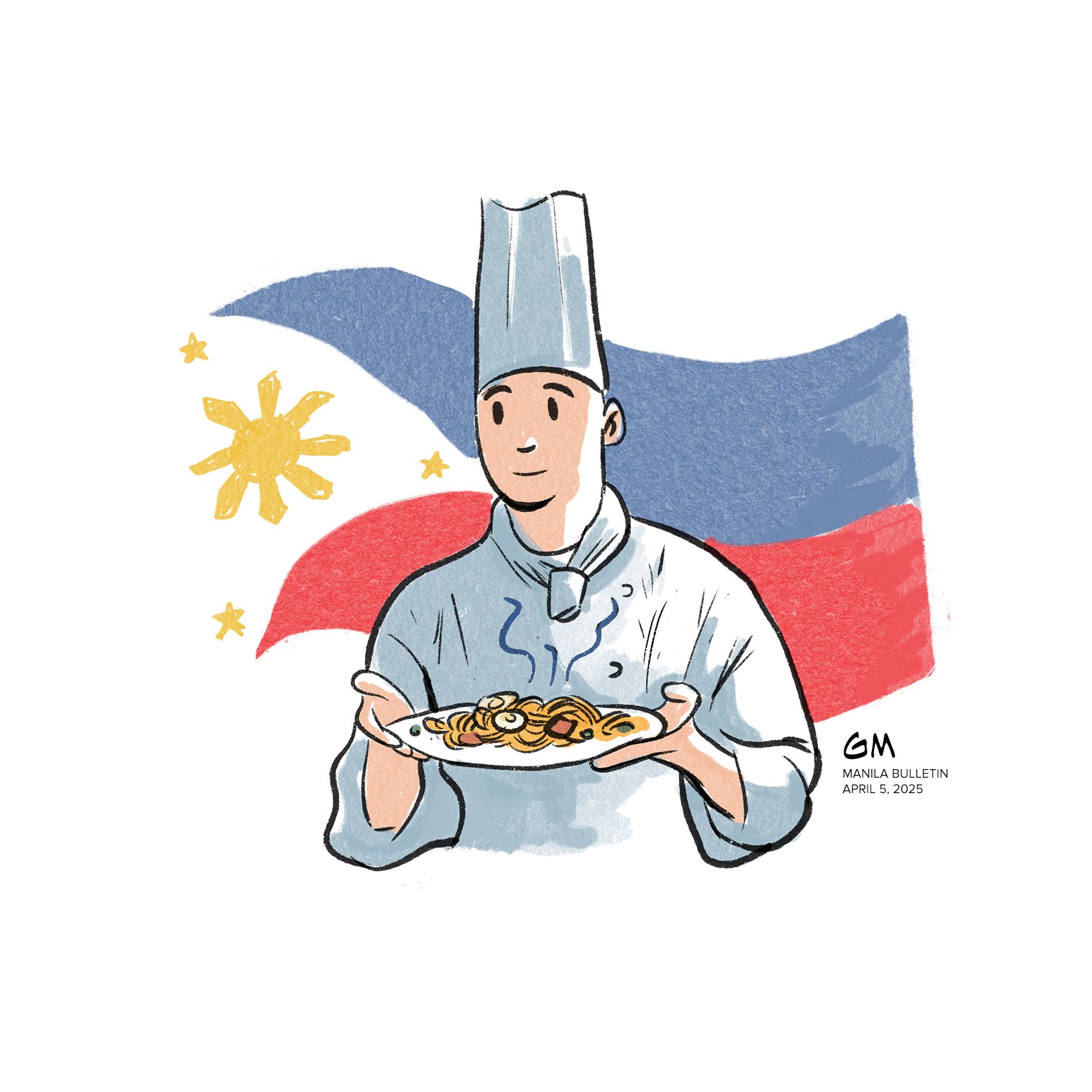
The profound connection between Filipino cuisine and the nation’s history, culture, and identity highlights the celebration of Filipino Food Month (FFM). Every April, FFM is a national initiative that seeks to preserve, promote, and elevate the country’s rich culinary traditions. This year, the celebration centers on the theme, “Sarap ng Pagkaing Pilipino, Yaman ng Ating Kasaysayan, Kultura, at Pagkatao.”
Leading FFM activities are the Department of Agriculture (DA), Department of Tourism (DOT), National Commission on Culture and the Arts (NCCA), and the Philippine Culinary Heritage Movement (PCHM).
“Food is more than just sustenance; it is a living testament to our nation’s journey, our diverse traditions, and our shared values as Filipinos. But beyond history, our cuisine is also a symbol of our culture — one that celebrates unity in diversity,” Agriculture Assistant Secretary Genevieve Velicaria-Guevarra, who heads the FFM 2025 steering committee, said.
Filipino food is a reflection of the country’s complex history—marked by trade, colonization, migration, and cultural exchange—which has culminated in a uniquely Filipino culinary identity.
Filipino cuisine is characterized by its rich diversity of flavors, influenced by indigenous practices and foreign culinary traditions. From rice and seafood to fermented sauces and regional delicacies, the country’s dishes tell stories of resilience, creativity, and adaptability. The PCHM has described Filipino food as one of the world’s earliest fusion cuisines, with influences from Chinese, Spanish, American, and Southeast Asian flavors blended with indigenous techniques.
Celebrating FFM especially honors the traditions passed down through generations as well as the innovation and creativity of our chefs and home cooks who continue to elevate our food scene.
While Filipino cuisine continues to gain recognition globally, it faces significant threats from globalization, rapid urbanization, and the loss of traditional food knowledge. As more Filipinos migrate to urban areas and modernize their lifestyles, indigenous ingredients and traditional cooking methods are increasingly being abandoned in favor of convenience and commercialism.
The essence of the yearly celebration is summarized by PCHM President Chef Jose Antonio Miguel Melchor: “Indigenous ingredients disappear from our markets. Time-honored cooking methods are abandoned in favor of convenience. Recipes passed down through generations are forgotten. If we do not act now, we are losing not just our dishes but the very narratives that define us.”
Thus, the mission of FFM includes empowering local farmers and food artisans who play crucial roles as stewards of culinary knowledge.
This celebration puts emphasis on local agricultural produce as essential ingredients in Filipino cuisine. Events aim to strengthen market access for local farmers and food producers. Through partnerships with the DA and other agencies, the festival provides a platform for Farmer Cooperative Associations (FCAs), Micro, Small, and Medium Enterprises (MSMEs), and other stakeholders to showcase their products.
We have to remember also that FFM is more than just a celebration of dishes; it is a tribute to the farmers, fisherfolk, artisans, chefs, and home cooks who keep the country’s culinary heritage alive. It is a call to action to empower local communities, preserve traditional practices, and ensure that the next generation inherits not only recipes but also the wisdom and values embedded in the nation’s food culture.
When we sit around a table today, let us pay tribute to our shared heritage that is presented by the food. Filipino cuisine holds our stories and memories.